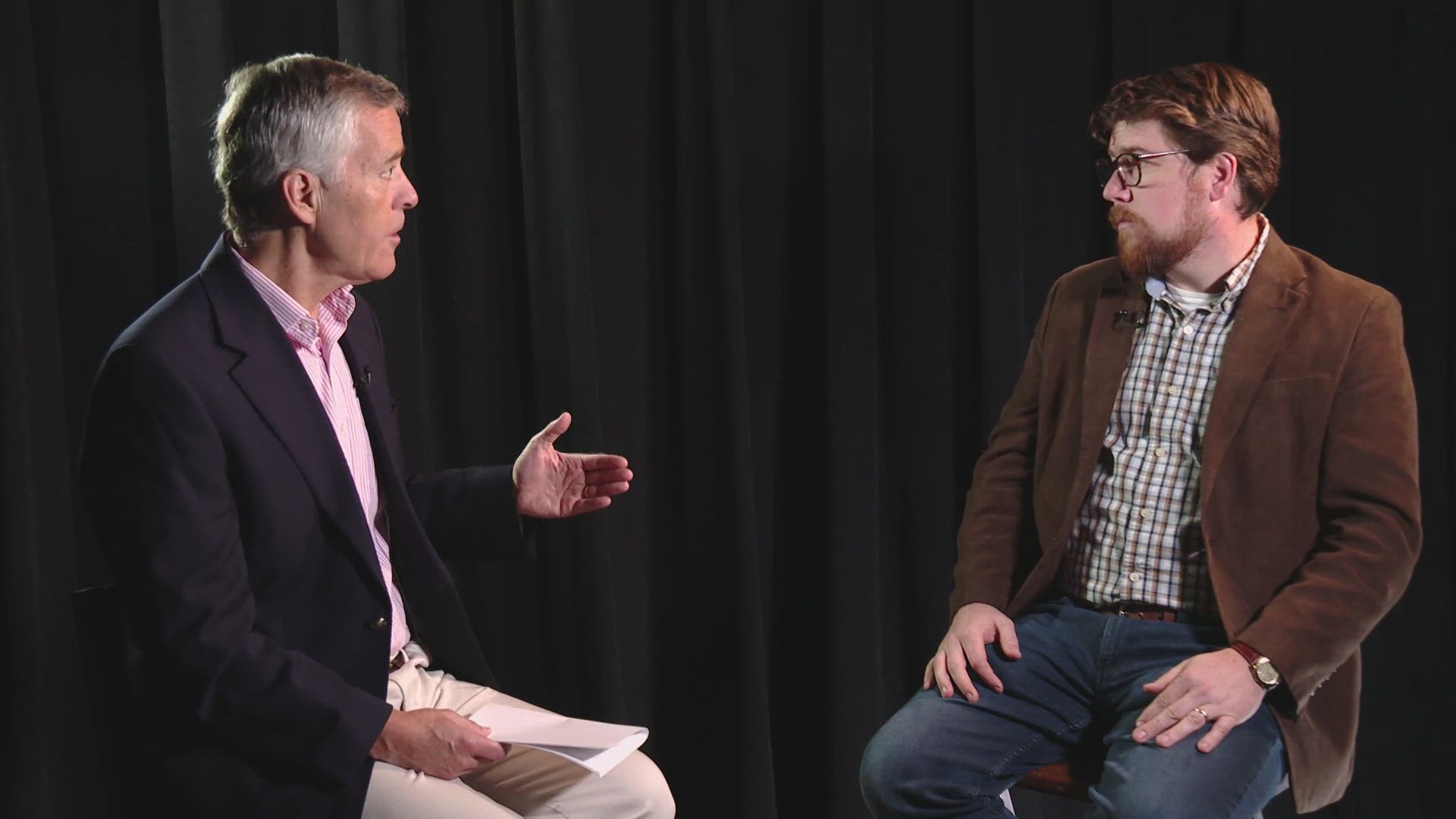PORTLAND, Maine — On the eve of the 2024 election, the questions couldn’t be more timely. Do Mainers trust their government at the local, state, and federal levels? Do they feel engaged in their government? Are they hopeful about the future of Maine and the nation?
A new report addresses how Mainers feel about those issues and more. Sponsored by the Goldfarb Center for Public Affairs at Colby College, Public Engagement Partners, and the Maine Community Foundation, the report—"Strengthening Maine’s Civic Life: Trust, Belonging, and the Future"—focuses on eight specific areas: trust in government and each other; feelings of belonging and mattering; perceptions of community climate; the state of civic knowledge; voting; volunteering; civic awareness and participation; and hope for the future.
Many of the findings are encouraging. For instance, the report concluded that Mainers rank first in the U.S. "in attending public meetings and participating in groups; third in volunteering; fourth in contacting or visiting public officials; sixth in discussing issues with family, friends, or neighbors; and ninth in working with neighbors to improve their neighborhood or community."
Other findings are troubling. Only 17 percent of Mainers trust the federal government. Thirty-five percent aren’t confident that the votes will be counted accurately in the 2024 presidential election.
Nick Jacobs, an assistant professor of government at Colby College, was not surprised that people trust their local government more than the state government and much more than the federal government.
"The closer you bring government to the people, the more willing people are to say, 'Yeah, I trust my local officials,'" Jacobs said.
So what can Maine do to improve what the report describes as "civic health"?
"Well, I’d start with just the basics," Jacobs said. "We shouldn’t be complacent about our civic health. We shouldn’t take it for granted."

